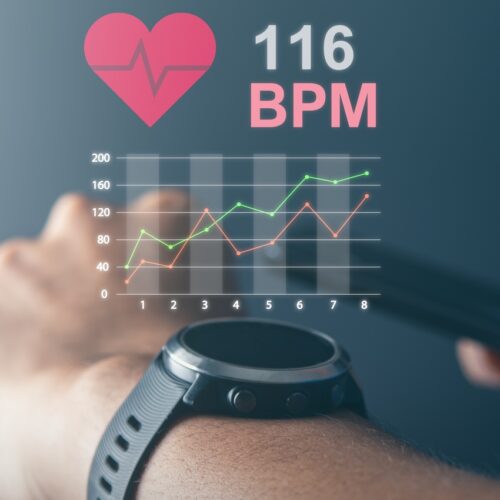Stress is often misunderstood. It’s become a catch-all term for any form of pressure or tension in life. We hear phrases like “stress kills” or “don’t stress,” but many people aren’t aware of its scientific origins or what it truly represents. Hans Selye, a pioneer in stress research, defined it as the body’s nonspecific response to any demand for change. In other words, stress is not inherently bad—it’s how we manage it that makes the difference.
Selye’s work identified two types of stress: eustress, which is positive and can help you grow, and distress, which is harmful when prolonged. The key takeaway here is that not all stress is negative. In fact, stress is a necessary part of life, helping us adapt and grow when managed properly. It’s about finding a balance—minimizing distress and maximizing eustress.
Breaking Down the Stress Response
Understanding stress requires breaking it down into its key components: stressors (the triggers of stress) and the stress response (how your body reacts). Stressors can be anything from a work deadline to an intense workout, while the stress response is the body’s physiological reaction to these stressors, typically activating the sympathetic nervous system—the “fight or flight” mode. This system gears your body up to handle the challenge by releasing hormones like cortisol and adrenaline.
What’s fascinating is that your body reacts similarly whether the stressor is psychological or physical. This response is meant to be short-term, allowing you to address the threat and return to a state of balance, but modern life has altered this dynamic. Now, many people experience chronic stress from continuous triggers like work pressures, social media, or even traffic. This prolonged activation of the stress response can lead to serious health issues, such as heart disease, anxiety, and even cognitive decline.
Acute vs. Chronic Stress
There are two main types of stress: acute (short-term) and chronic (long-term). Acute stress can be beneficial in small doses, sharpening your focus and helping you perform under pressure. Think of situations like an important presentation or a fitness challenge—these are moments when the stress response can help you rise to the occasion.
However, chronic stress is a different story. It’s the constant, unrelenting pressure that wears down your health. Long-term stress leads to elevated levels of cortisol, which can negatively impact sleep, immune function, and mental well-being. As stress researcher Robert Sapolsky explains in his book Why Zebras Don’t Get Ulcers, our bodies are not designed to handle chronic psychological stress. While acute stress helps us survive short-term threats, chronic stress leads to systemic breakdowns over time.
Managing Stress: The Key to Thriving
The good news is that you can learn to control your stress response and even use stress to your advantage. By actively seeking out healthy, short-term stressors (like exercise, cold exposure, or challenging tasks), you can build a higher tolerance to stress. This concept is known as hormesis—the idea that moderate doses of stress can actually strengthen your body and mind.
For long-term stress management, it’s crucial to cultivate resilience and practice stress-reduction techniques regularly. Here’s a toolkit of strategies that can help:
- Exercise: Physical activity helps release endorphins, improves mood, and enhances sleep quality. It’s one of the most effective ways to combat stress.
- Breathwork: Techniques like deep breathing or the “physiological sigh” can activate the parasympathetic nervous system, helping you calm down quickly in moments of high stress.
- Mindfulness and Meditation: Practicing mindfulness or meditation can help you become more aware of your thoughts and emotions, reducing the impact of stress and improving mental clarity.
- Social Connection: Building strong, supportive relationships provides a buffer against stress and fosters emotional resilience.
- Healthy Nutrition and Sleep: Eating a balanced diet and getting adequate sleep are foundational to maintaining good health and managing stress. Sleep, in particular, plays a critical role in resetting the body’s stress systems.
- Gratitude and Journaling: Practicing gratitude or journaling can shift your mindset and help you focus on the positive aspects of your life, reducing distress.
Embracing Stress for Growth
Incorporating stress management into your daily life is not just about avoiding stress—it’s about learning to harness its power. By embracing eustress and controlling distress, you can use stress as a tool for growth. Remember, stress is inevitable, but how you respond to it is within your control.
As Selye and Sapolsky have demonstrated, stress is part of our survival mechanism. While we’ve invented new psychological stressors, we also have the tools and knowledge to manage them. By adopting these techniques, you can turn stress into a force that promotes well-being rather than detracts from it. It’s all about finding balance, learning to manage your response, and turning stress into a catalyst for personal growth.
With the right strategies, you can pull the right levers, manage distress, and embrace eustress to live a healthier, more fulfilling life.








